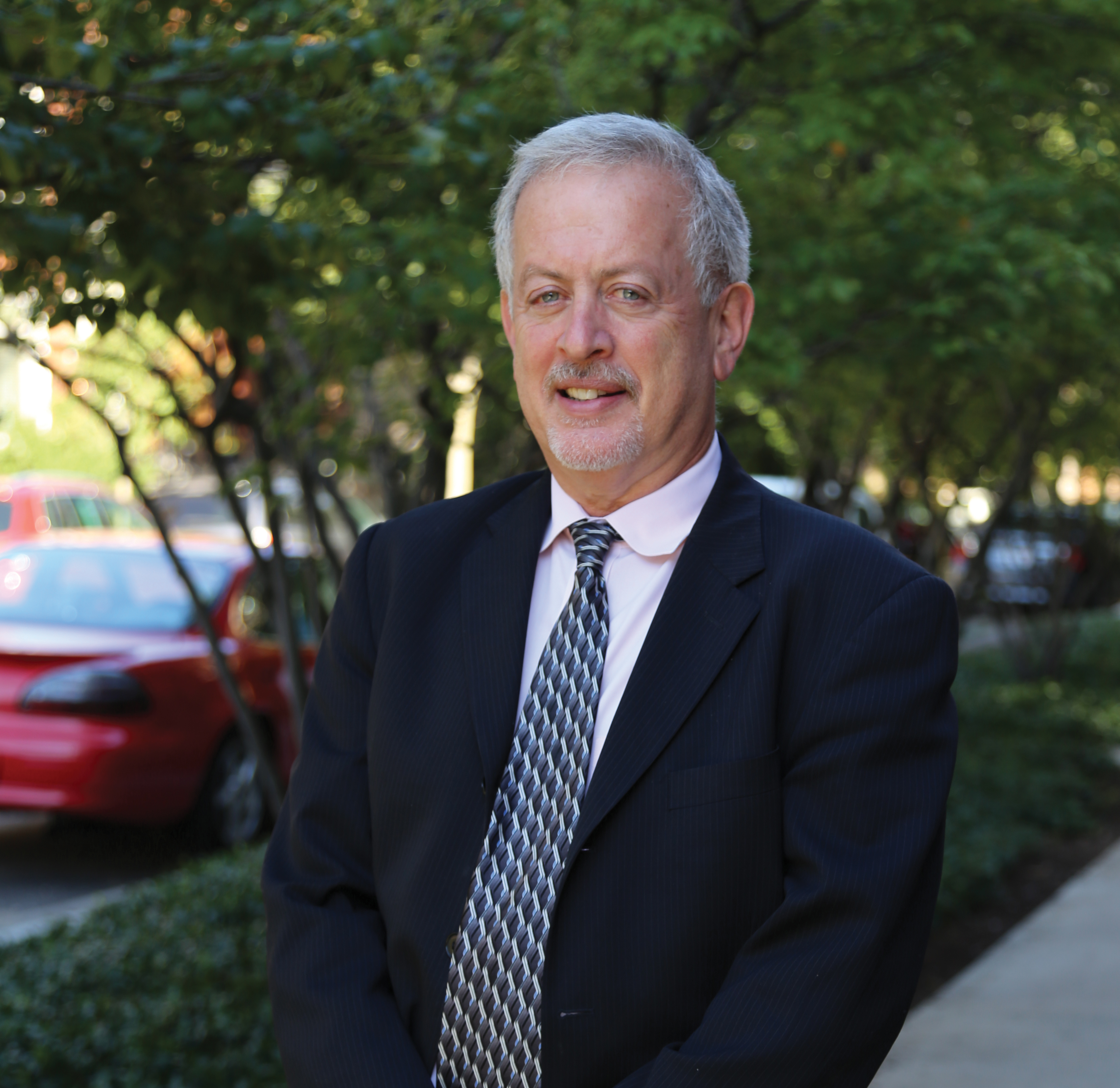
As we begin a new academic year, our faculty, staff, and students have one shared focus: to answer the call for social justice. We recognize that the odds are stacked against students in underrepresented communities, particularly children of color living in poverty. For these vulnerable students, additional care and dedication are critical. Teachers, educational leaders, and counselors do more than educate and guide our nation’s students—they amplify the voices of seldom-heard children and give them the special tools they need to enter a world that too often seems inaccessible. Our mission, never more timely, never more critical, is to prepare future teachers and counselors consciously and persistently to do just that.
This fall, the college was fortunate to host a discussion on social justice and education activism with renowned educator, activist and author Jonathan Kozol (“The Shame of the Nation: The Restoration of Apartheid Schooling in America” and “Savage Inequalities: Children in America’s Schools”). Kozol’s advocacy for students, particularly public school students, long has inspired generations of educators, including myself. It was an honor to host him, and I am proud to see our COE faculty reflect this same passion for addressing the often-overlooked needs of underserved children.
This past year, Horace Hall, co-founder of the Respect, Excellence, Attitude and Leadership (R.E.A.L.) Youth Program, partnered with the ARK of St. Sabina to provide college orientation for ARK students. The program, which you will read about in this issue, offers these students information about navigating higher education that might not otherwise have been available. Further, the community of mentors and students Hall has constructed will ensure the longevity of student success. You’ll also read about how the faculty and administrators of our Educational Leadership doctoral program have partnered with the Fraternal Order of Police. Faculty teach at the Chicago Police Academy and explore ways that education can be one of many solutions to the violence and crime that plague the city and its students.
In addition, Donna Kiel, director of the Office of Innovative Professional Learning (OIPL), introduced micro-credentialing as a means for current teachers to gain meaningful professional development. At the forefront of her micro-credential programming is civics education, a discipline that is part of a nationwide movement to instruct youth to be active and engaged citizens and advocates. Every day, I am inspired by our faculty’s efforts to improve the lives of young people and by our COE students who arrive here eager to develop the skills needed to transform lives. Many of them are first-generation students who understand through personal experience the hardships that children in underserved schools nationwide face. The shared mission and values that our faculty, staff, and students hold dear bring me incredible pride, as well as hope for future generations of students.